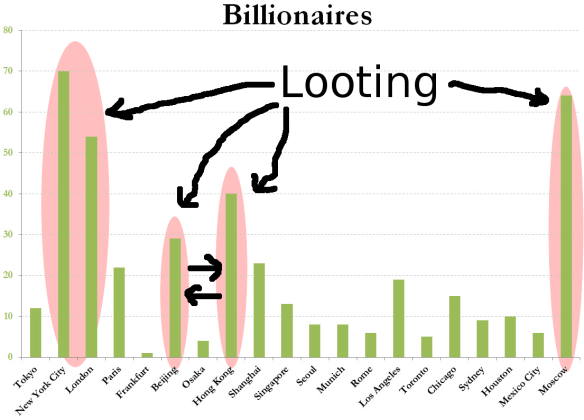Should you trust a public company’s audited financial statements? Of course not. Would a Big 4 firm knowingly sign off on fraud? Maybe not frequently, but almost certainly. Human behavior tends to at least drift, and often rush full speed, toward rewards. It needn’t be immediate nor conscious, but over time it’s inexorable. Auditors are paid by the firms needing audited statements, not by the investors who stand to lose from fraud, and that conflicted incentive permeates the industry.
Nobody says to an auditor, “Hey Bob, we’re committing fraud on a massive scale and draining the company cash straight into our pockets. Can you just play ball with us here?” Instead, they provide money and plausible deniability to the auditing firm in exchange for a seal of approval. Documents are dutifully provided; all showing that the books appear to be in good order. Questions of interpretation are met with defensible, if sometimes strained, justifications until the auditor eventually goes along rather than waste more billable hours on it. Naturally, if the deceit is too obvious they’re going to balk, but this is rarely a problem since the very nature of fraud is that it’s hidden.
Unless they’re complete imbeciles, auditors know which industries and clients are the most likely frauds, and can probably do a reasonably accurate ranking by dollar amount of fraud too. But whether an auditor merely suspects, or actually knows, fraud is taking place is irrelevant. What matters is whether they will be able to show they did their job, regardless of the facts, if fraud is discovered by someone else. If they can, it’s don’t ask, don’t tell, and everyone’s happy. The audited company gets their sanctified financials, the auditing firm racks up more revenue. Investors? Well, they aren’t paying the bills. Why would they matter?
If you want more trustworthy information, look for a source that’s paid for finding fraud, like short-sellers or independent research companies (even Anonymous has a stock research arm now). Financial statements are always useful, but only as a starting point for deeper analysis and investigation. There’s no harm in being a cynical pessimist while doing your due diligence. Save the optimism for when you’re ready to pull the trigger and really need it. Ronald Reagan liked to say, “Trust but verify,” but in light of the revelations out of Wall Street over the last decade, investors are probably best served by ignoring that “trust” bit.
****Update: I overlooked the best comparison – rating agencies. Both rating agencies and auditors share the same basic business model: Providing a service to their clients that will enhance the marketability of the company’s securities. If they fail to provide that enhanced marketability, they lose clients. The rating agencies are now widely reviled, laughing stocks, while auditors are still working on it.

